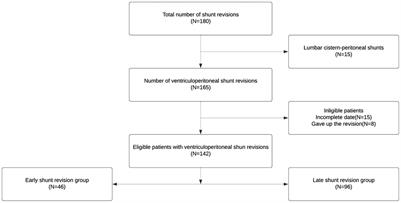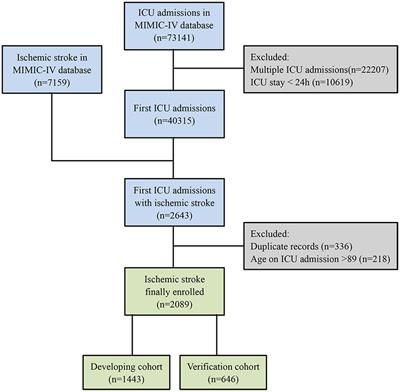ORIGINAL RESEARCH
Published on 12 Jan 2024
Preoperative nomogram predicting ventriculoperitoneal shunt longevity after initial shunt failure

doi 10.3389/fneur.2023.1285604
- 848 views
2,364
Total downloads
7,109
Total views and downloads
ORIGINAL RESEARCH
Published on 12 Jan 2024

ORIGINAL RESEARCH
Published on 07 Dec 2023

ORIGINAL RESEARCH
Published on 19 Jul 2023

ORIGINAL RESEARCH
Published on 14 Apr 2023
